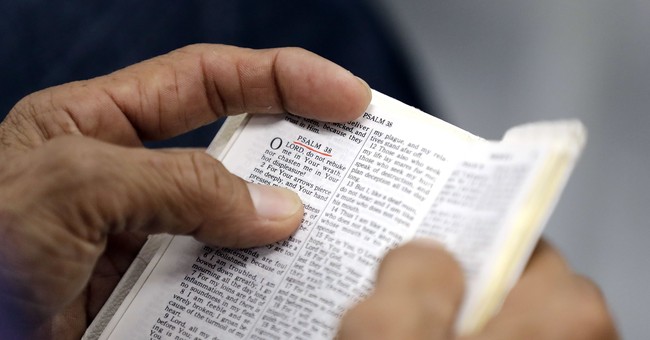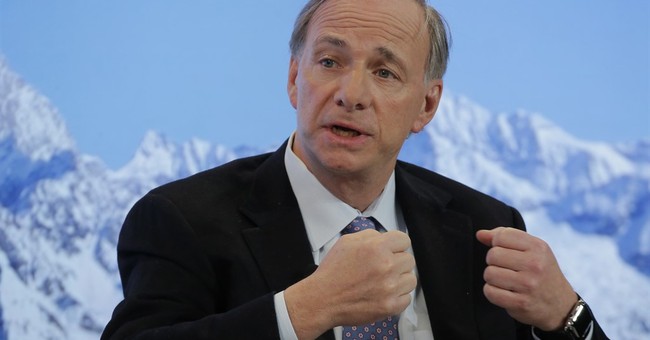
Source: AP Photo/David J. Phillip
How you answer the question “What would Jesus say about inequality?” depends on how you define the “words of Jesus.” Many “scholars” limit them to no more than “Love your neighbor as yourself.” Others include only the quotations in the Gospels attributed to Jesus. Most Christians see the entire Bible as the words of Jesus because, being God, he wrote it.
Let’s start with the Gospel quotations. One passage that comes close to dealing with inequality is the parable of the Ten Talents (Matthew 25:14-30). In it, a rich man gave one servant five bags of gold, one two bags, and the third got one bag of gold to invest, “each according to his ability.” Jesus recognized that different abilities will result in different outcomes, although he is vague about the rewards they receive.









